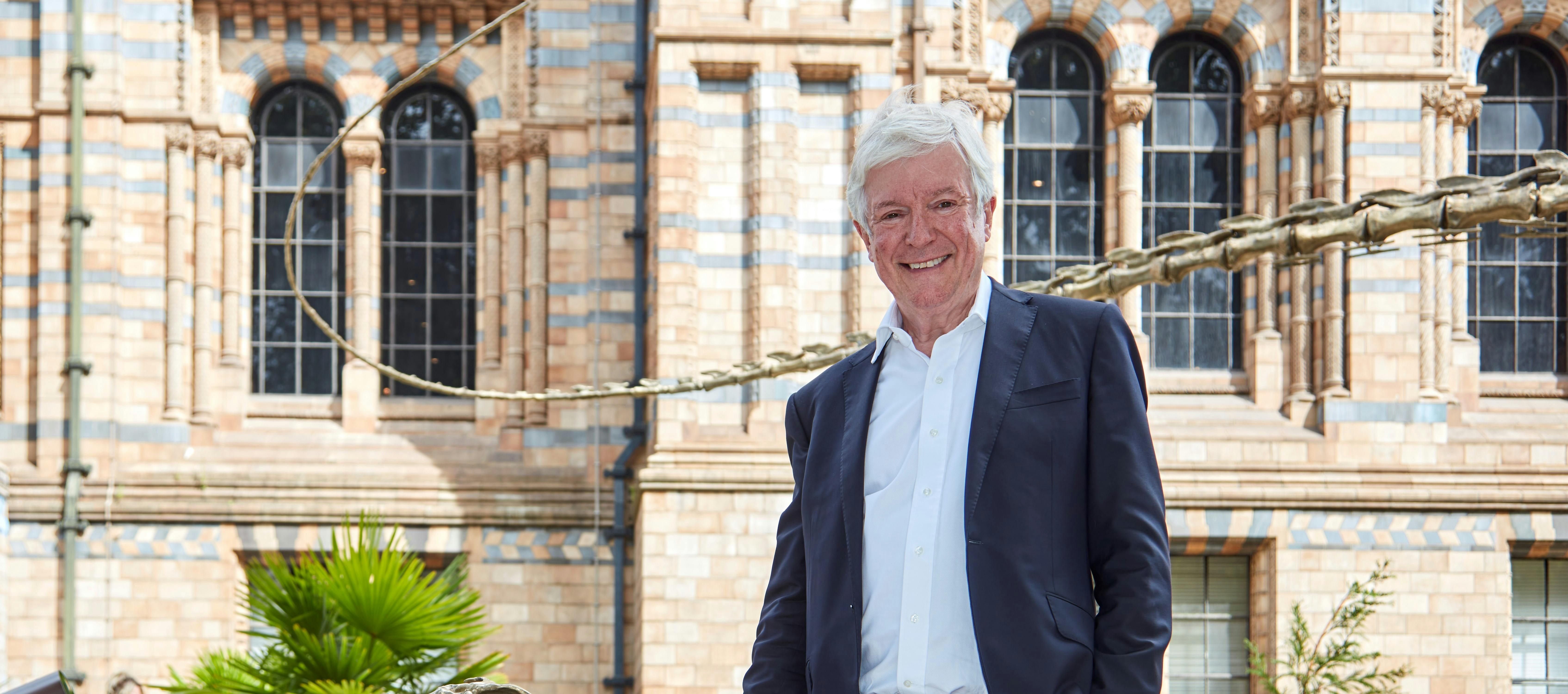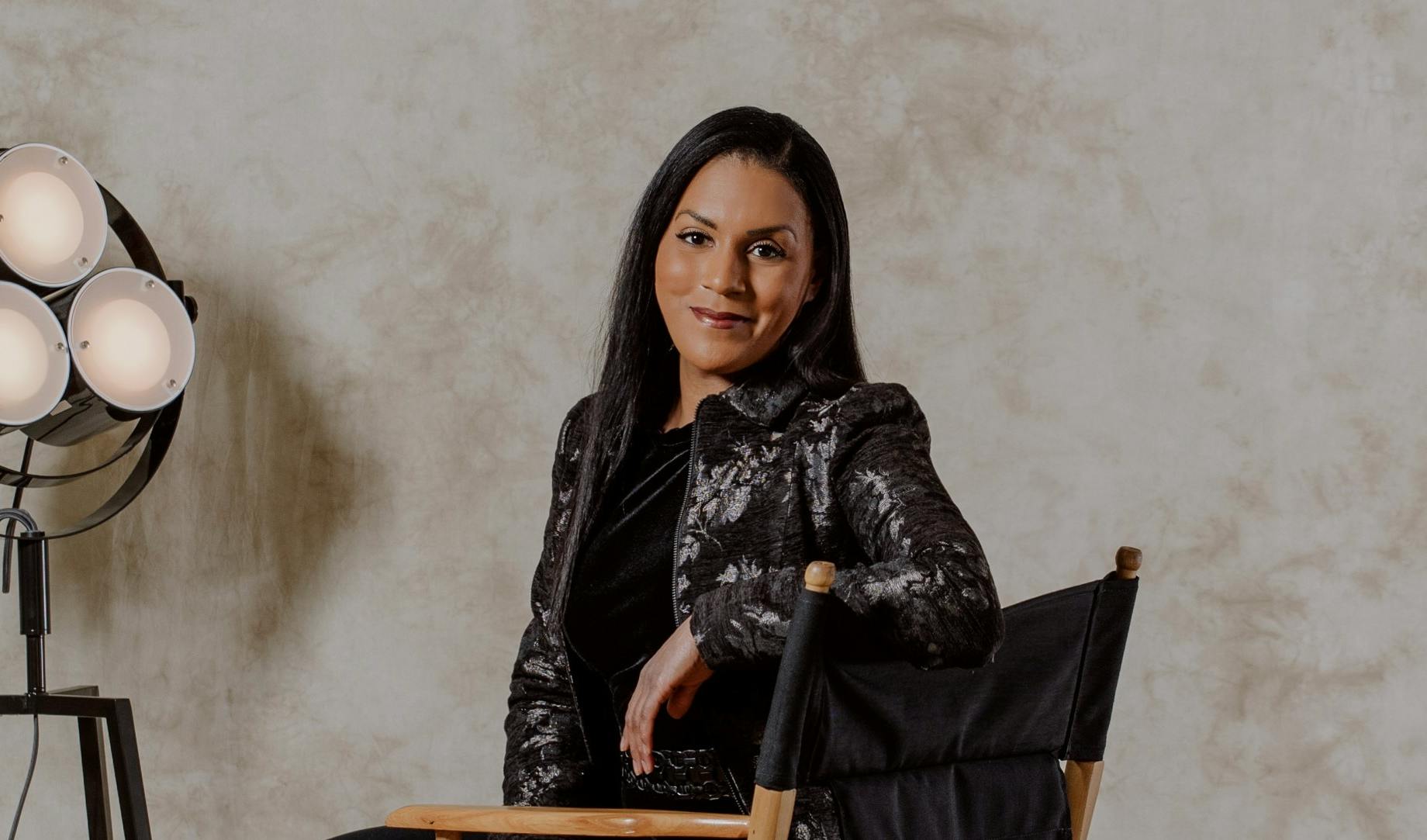
A more comprehensive definition of impact investing should be widely adopted says Actis CIO, Andrew Newington
Andrew Newington, Partner and Chief Investment Officer at global private capital investors Actis, explains why the impact sector should use his broader definition of impact investment
Andrew Newington started his career as a lawyer specialising in cross-border transactions. After completing an MBA at Columbia Business School, he then moved into private equity; first at BT Capital Partners and then at BC Partners, where he was a managing partner.
Now, Partner and Chief Investment Officer of Actis with operational responsibility for the firm, as well as sitting on all of the firm’s investment committees, Andrew is focussed on leveraging the power of investment to have a demonstratively positive impact on the world.
Here he explains why his definition of impact investment should be adopted by the sector and why he thinks that investors actually have more power than governments when it comes to making the world a better place.
How do you define impact investing?
There are two ways of thinking about impact investing. It can be the type of investment you make and capital that is targeted towards people who are particularly deserving of some form of subsidised capital. That’s not the definition that personally I ascribe to and it’s not the definition that we use at Actis.
I define impact investing in a much wider way, as the intentional additionality that you have when measured through the perspective of societal benefit through the capital that you deploy. So, in my definition any investment could be an impact investment, provided you measure the benefits you bring through that investment through the period of your ownership and that you do so deliberately.
These two definitions are both being discussed, but probably the bulk of people who raise capital that’s called impact capital today use the first definition.
Do you think that your preferred definition of impact capital will ever be widely adopted?
I hope so. In the short term, it will depend a lot on the people who provide that capital – the investors – and the extent to which they wish to hold their managers accountable for their behaviour and for their intentionality during their period of investment. I think that that’s the direction that things are headed.
All of our work at Actis has been around preparing for that by developing a system of measurements that can be used by anybody to measure the societal impact their investments have while they hold them.
Would you say that all investments in the developing world are impact investments or is that a sweeping generalisation?
It’s a massive generalisation. If you adhere to the first definition, which is that you are looking for needy recipients of capital then, sure enough, it’s easier to find them in the developing world than it is in the developed world, but they exist in both.
If you use the second definition, which is to say that it’s about the intentional impact you can have during your period of investment, then I would argue that it could be more relevant to the developed world, particularly if you are thinking about climate, because most of the pollution is coming from the developed world, especially if you choose to define China as part of that world.
So, if you attack those investments and you say somehow that whoever owns them has to bring to bear improvements in emissions during their period of ownership and you define that as impact, then yes, the developed world is easier. Again, it comes back to the definition that you choose to use.
How do you incorporate additionality into your investment approach?
In essence, in layman’s terms, additionality is asking what do you bring during your period of ownership that would not have happened were it not for your involvement and engagement? The way we measure that is that we effectively score an investment when we make it. So, let’s say we buy a company that produces widgets, we look at its emission standards, we look at the employment that it generates, we look at the supply chain and its impact on the environment and its employment statistics and we look at gender diversity.
We typically take five measures on a company when we invest in it, then we take a static score on those measures and then we look at how that score has evolved when we come to exit. And, we look specifically at the extent to which we feel improvements would have happened without our involvement, and those which have been a direct consequence of our involvement. That’s the best proxy that we can come up with for measuring our own impact.
It is a relatively straight forward approach to implement, both because it is limited to five measures, and because those measures are all linked directly to one of the UN’s 17 sustainable development goals that have become a common reference for all investors.
When it comes to hiring for Actis how do you measure potential employees’ own belief in impact investing?
We measure it at the time we recruit people through the usual ways: referencing; trying to ensure that we have a very diverse pool of candidates; trying to ensure that in the process of recruitment we are as supportive as possible of candidates who come from non-traditional backgrounds; and, obviously, we have initiatives in place for things like gender diversity.
We have never had particular issues with cultural diversity in our business, because it’s so global and it’s so representative of the markets in which we invest. But at senior levels we are constantly and proactively trying to improve that mix to get diversity, which we think ultimately leads to better decision making.
Then, in terms of while they are with us, which is possibly even more important than how they join us, we measure everyone’s performance against our core values every year. You need to demonstrate real adherence to responsible investing and that can be through the way in which you engage with your portfolio companies, or it can be the things you do internally at Actis to improve our approach.
We’re told that there is not much time left when it comes to turning around climate change. Do you believe that there is time to make those necessary changes through impact investment?
If we are to achieve a meaningful improvement in the time we have left to us, then I sincerely hope that people will adopt the broadest possible definition of impact investing, and that they focus on additionality and intentionality in that context. Whether they will or not I don’t know, but I am personally an optimist that investors are more likely to accept the need for change than many Governments. That’s why we’ve made our measurement system open source. We want our peers and our clients to look at it, criticise it, make it better, make it more relevant to them.
We don’t have any pride of ownership, so I very much hope that in ten years’ time, every limited partner is requesting every general partner to report on impact and additionality and I hope that at some point the mainstream media similarly gets interested in what is happening in the private investment world, beyond just the amounts of money that can be made by individuals. That would be a very constructive step forward.
If you can have a positive impact with every dollar of capital you deploy, then you will have made the world a slightly better place. If everybody adopts that approach, then with the volume of capital that is flowing into private investment you have got the opportunity to make the world a very significantly better place.
That might sound like a pipe dream, but it’s very real. The levers are there for investors to demand their managers report on their additionality. Electors can only hold governments to account every five years or so when there is an election, whereas investors can hold their managers to account every single quarter. That is a very different level of influence.
And now for some quickfire questions
What is your favourite book?
The Magic Mountain by Thomas Mann
What is your favourite quote?
“By failing to prepare you are preparing to fail,” Benjamin Franklin
What is your favourite holiday destination?
Mauritius
What do you do to relax?
I spend time with my family and friends
What’s your favourite app?
Waze. It’s the one I use the most frequently
Nurole is the global platform changing the way organisations bring the best people on to their boards. Find out how it works for talented people looking for the best board level positions, and for organisations looking to hire the best board level talent.





